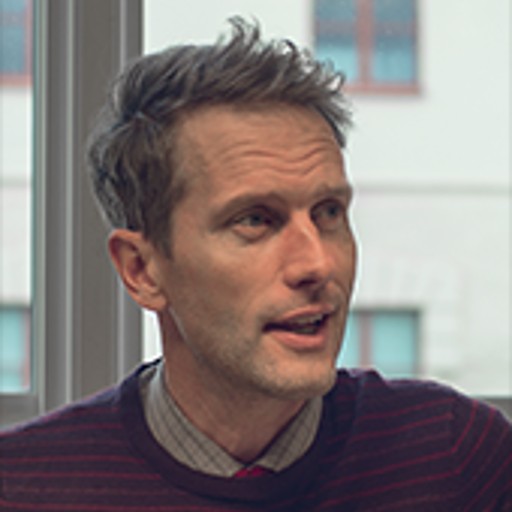Course syllabus adopted 2021-02-15 by Head of Programme (or corresponding).
Overview
- Swedish nameTeknik och samhälle
- CodeTEK226
- Credits7.5 Credits
- OwnerMTS
- Education cycleFirst-cycle
- ThemeMTS 7.5 c
- DepartmentTECHNOLOGY MANAGEMENT AND ECONOMICS
- GradingTH - Pass with distinction (5), Pass with credit (4), Pass (3), Fail
Course round 1
- Teaching language English
- Application code 99125
- Block schedule
- Open for exchange studentsYes
Credit distribution
Module | Sp1 | Sp2 | Sp3 | Sp4 | Summer | Not Sp | Examination dates |
|---|---|---|---|---|---|---|---|
| 0117 Written and oral assignments 7.5 c Grading: TH | 7.5 c |
In programmes
- MTS - Humans, Technology, Society, Year 1
- TKELT - ELECTRICAL ENGINEERING, Year 3 (compulsory elective)
- TKSAM - CIVIL ENGINEERING, Year 3 (elective)
Examiner
 Karl Palmås
Karl Palmås- Associate Professor, Science, Technology and Society, Technology Management and Economics
Course round 2
- Teaching language English
- Application code 99122
- Block schedule
- Open for exchange studentsYes
Credit distribution
Module | Sp1 | Sp2 | Sp3 | Sp4 | Summer | Not Sp | Examination dates |
|---|---|---|---|---|---|---|---|
| 0117 Written and oral assignments 7.5 c Grading: TH | 7.5 c |
In programmes
- MPDCM - DESIGN AND CONSTRUCTION PROJECT MANAGEMENT, MSC PROGR, Year 1 (elective)
- MTS - Humans, Technology, Society, Year 1
- TIKEL - CHEMICAL ENGINEERING, Year 3 (elective)
- TKDAT - COMPUTER SCIENCE AND ENGINEERING, Year 3 (elective)
- TKELT - ELECTRICAL ENGINEERING, Year 3 (elective)
- TKITE - SOFTWARE ENGINEERING, Year 2 (elective)
- TKITE - SOFTWARE ENGINEERING, Year 3 (elective)
- TKSAM - CIVIL ENGINEERING, Year 3 (elective)
Examiner
 Karl Palmås
Karl Palmås- Associate Professor, Science, Technology and Society, Technology Management and Economics
Eligibility
General entry requirements for bachelor's level studiesCourse specific prerequisites
The course is open for students having completed their first 60 hec within a Bachelor's Programme.Aim
The overarching aims of the course is to a) foster abilities to make judgments with respect to relevant social and ethical dimensions, and demonstrate awareness of ethical challenges in research and development, b) provide insight into the possibilities and limitations of technology, its role in society and peoples responsibility for how it is used, including social and economic aspects.More specifically, the course seeks to deepen the students understanding of the interrelation between scientific, technological, and social development. By introducing theoretical concepts within the social sciences and humanities, and applying them in the context of science, engineering, and design, the course aims to train students in engineering-related judgement. Further, the course endeavors to expand the student's awareness of how engineering and the sciences are intertwined with social development.
Learning outcomes (after completion of the course the student should be able to)
- Describe theories of technology, science and society.- Identify central themes in the relation between technological and social development.
- Reconstruct the interconnection between technology and society.
- Evaluate different approaches to manage the social outcomes of engineering design.
- Evaluate and critique theories about the relations between society, technology, and the sciences.
Content
The course
- introduces key concepts from the social sciences and the humanities,
- relating them to concepts within science and technology.
Organisation
The course is organized as a series of lectures and group exercises.Literature
The readings are presented in the course PM.Examination including compulsory elements
The examination and grading is based upon an obligatory group report, optional mid-term exams and active participation in the course sessions.The course examiner may assess individual students in other ways than what is stated above if there are special reasons for doing so, for example if a student has a decision from Chalmers about disability study support.